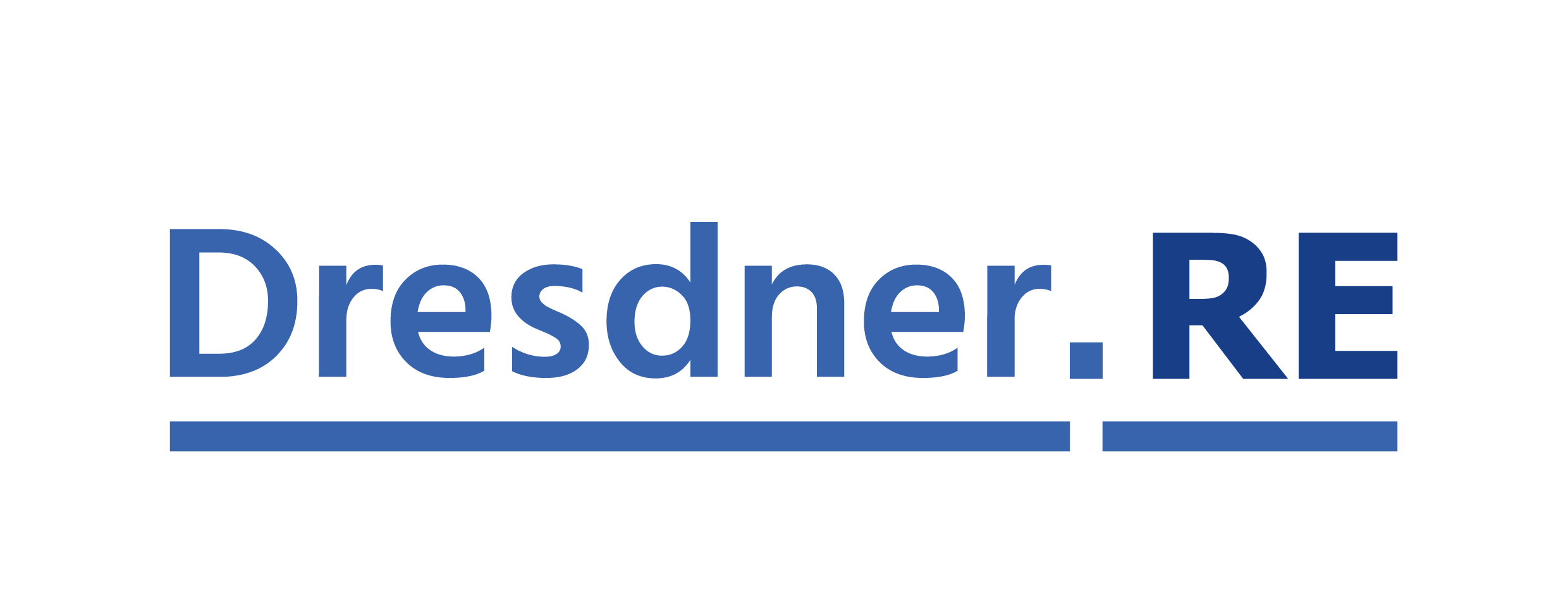In Asset Management we are facing three major challenges: We are lacking skilled workers, we are wasting time and money through inefficiency and a lack of automation and are not collaborating enough. The most profitable and sustainable answer lies in digitizing and automating processes. We can cut costs dramatically by increasing efficiency and benefitting from collaboration.
As asset managers, we are bound to increase the value of Real Estate portfolios. Yet, which parameters are left to adjust?
- Increasing the rents up to a justifiable maximum? Done.
- Preventing vacancies through smart building concepts and successful marketing activities? Done.
But: For a couple of years, we have already been facing a lack of skilled workers at all stages of the Real Estate lifecycle. It starts with the construction industry and doesn’t halt at the craftsmen and maintenance staff. The average worker is already 50 years of age or older and the young generation doesn’t move up. Of course we can try to solve the problem with immigration but this will only postpone the problem. Ten years from now, nobody will answer the phone when the tap is dripping or the roof leaks.
We are wasting time and money
Even if we are lucky and have access to a fair amount of skilled workers, we are wasting their time and our money. It is a common situation to have craftsmen and maintenance staff driving up to one hour just to get the key for the flat or heater room. How many times do they return to their workshop, due to a false evaluation of the incident? How many times do they come too late to prevent further damage, due to a delay in notification? We need start-ups to digitize and automate as many jobs as possible to free the existing skilled workers for tasks that technology is yet unable to handle.
Need for collaboration in standard digital data rooms
Lastly, we are not collaborating enough. Every property or asset manager, every architect or engineer and every service provider is using their own software or data room. Every month I have the same problem: we are buying assets, we enter in a new digital data room, every time a different provider, everytime a different structure. And often the question and answer process is missing or incomplete, and we have to use telephone or email like in the 20th century. We need to create standards for technology driven communication. Otherwise we won’t be able to stop project delays that waste building materials, time, capital and revenue.
The good news is: It can be done! Take the German PropTech community as an example. For the last 2-3 years we were able to observe how digital innovation pushes new business ideas and changes the way processes and services along the Real Estate lifecycle are being run. Up to now, there are already more than 230 PropTech start-ups in Germany. Some of them are solving real problems at a fast pace, turning Real Estate into digital businesses.
Modern asset managers should use digital technology to communicate with tenants and service providers, to increase communication between tenants for better quality of living/working and to reduce fluctuation. After all, that is what we as asset managers or investors really want. It is a simple equation: less fluctuation means less renovation, less repairs and less vacancy which leads to a better return on investment.
There already are solutions to existing challenges while others are yet to be developed. Let’s not leave innovation for others to make. We have got it in our own hands. We need to work together or even invest in start-ups, providing digital services based on innovative technology. And we need start-ups to make property and asset management, craftsmenship, construction and maintenance jobs attractive to young people. With the help of start-ups, revolutionizing the way we communicate and do our business, we can make Asset Management fun again.

